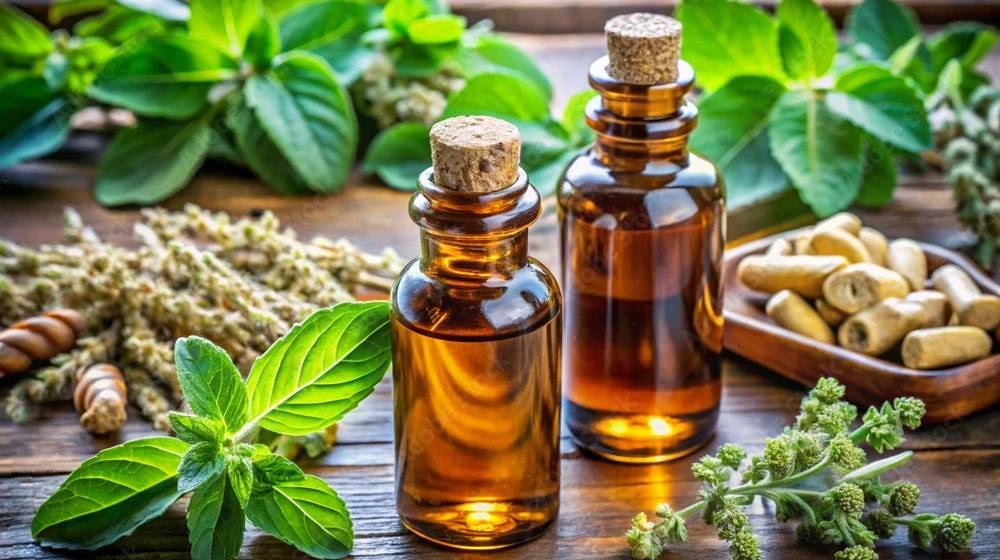
essential oil suppliers
In recent years, essential oils have grown from a niche wellness trend into a mainstream staple for health, beauty, and lifestyle brands. Whether you’re launching your own product line or expanding an existing business, finding reliable essential oil suppliers is a crucial step in ensuring quality, consistency, and customer satisfaction.
With the market expanding rapidly, it’s easy to feel overwhelmed by the number of suppliers claiming to offer the best oils. In this guide, we’ll walk you through everything you need to know to evaluate essential oil suppliers and choose one that aligns with your business goals.
Why Choosing the Right Essential Oil Supplier Matters
The quality of your products starts with the raw materials. When it comes to essential oils, purity, sourcing practices, and manufacturing standards all play a critical role in product performance and safety. A good supplier not only ensures high-quality oils but also acts as a reliable business partner who can meet your production needs consistently.
Here’s why selecting the right essential oil supplier matters:
-
Purity and Quality: Adulterated or diluted oils can harm your brand reputation and even pose safety risks.
-
Compliance and Certification: Certified suppliers meet industry standards such as ISO, GMP, or USDA Organic.
-
Scalability: Your supplier should be able to support your business as it grows.
-
Transparency: A reputable supplier provides detailed documentation, including GC/MS reports, origin info, and material safety data.
Key Factors to Consider When Evaluating Essential Oil Suppliers
1. Source and Origin
Where and how the plants are grown significantly impacts oil quality. Look for suppliers who source oils from regions known for their native flora—like lavender from France, tea tree from Australia, or frankincense from Somalia. Ethical sourcing and sustainable harvesting are also important indicators of a trustworthy supplier.
2. Purity and Testing
Always ask about third-party lab testing. GC/MS (Gas Chromatography/Mass Spectrometry) testing is the industry standard for verifying the chemical composition of essential oil bulk manufacturers. Reliable suppliers will happily provide these reports and explain them.
3. Certifications and Standards
Certifications give you confidence in a supplier’s practices. Look for:
-
USDA Organic
-
ISO 9001
-
GMP (Good Manufacturing Practices)
-
Kosher or Halal Certification (if required by your market)
These certifications ensure the oils are produced, packaged, and handled under strict guidelines.
4. Customization and Private Labeling
Many businesses need custom blends or private labeling services. If you’re launching a wellness or skincare line, partnering with a supplier that offers white-label or private-label solutions can save time and streamline your production process.
5. MOQ (Minimum Order Quantity)
Whether you’re just starting out or scaling up, choose a supplier whose minimum order quantity aligns with your business needs. Some suppliers cater to small businesses and allow low MOQs, while others focus on bulk wholesale only.
Top Types of Essential Oils to Source
Before diving into the supplier search, identify which essential oil distributors you want to offer. Here are some of the most popular categories:
-
Floral Oils: Lavender, Rose, Jasmine, Ylang-Ylang
-
Citrus Oils: Lemon, Orange, Grapefruit, Bergamot
-
Herbal Oils: Peppermint, Eucalyptus, Rosemary, Tea Tree
-
Woodsy Oils: Cedarwood, Sandalwood, Frankincense, Patchouli
Some essential oil wholesale specialize in certain regions or plant types, so defining your product focus can help narrow your search.
Where to Find Trusted Essential Oil Suppliers
There are several ways to find essential oil wholesale suppliers:
1. Online B2B Marketplaces
Platforms like Alibaba, Hetaksh Essential Oils, and Global Sources connect buyers with wholesale essential oil manufacturers worldwide. Be sure to verify seller credentials, read reviews, and request samples before making a bulk order.
2. Trade Shows and Expos
Events like In-Cosmetics, SupplySide West, and Natural Products Expo offer a chance to meet suppliers in person, ask detailed questions, and build relationships.
3. Local Manufacturers
Depending on your region, you might find certified essential oil bulk suppliers domestically. Working with local partners can reduce shipping times and provide more oversight.
Red Flags to Avoid
Watch out for these warning signs when researching essential oil suppliers:
-
Vague or missing lab reports
-
No physical address or business license
-
Unrealistically low prices
-
Lack of transparency about sourcing
-
Poor communication or customer service
Your supplier should be a partner you trust—not a risk to your reputation.
Final Thoughts
Choosing the right essential oil wholesale can make or break your product’s success. Take the time to research, request samples, compare documentation, and ask questions. A high-quality, reputable supplier will not only provide excellent essential oils but will also support your business in growth, innovation, and reliability.
As the demand for natural and holistic wellness products continues to grow, aligning with the right supplier ensures you deliver value, purity, and trust to your customers. So take your time, do your due diligence, and find a supplier that fits your vision.

